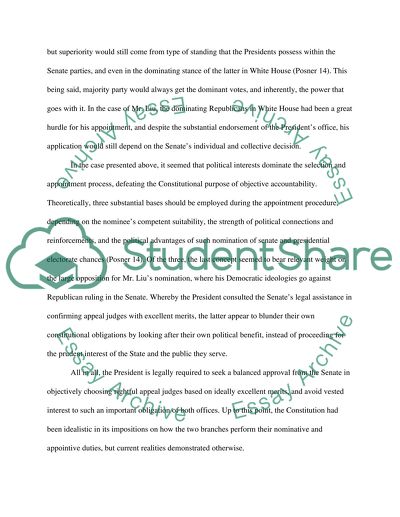Retrieved from https://studentshare.org/other/1425757-3-president-obama-recently-named-professor-goodwin-liu-of-the-university-of-california-at-berkeley-to-united-states-9th-c
https://studentshare.org/other/1425757-3-president-obama-recently-named-professor-goodwin-liu-of-the-university-of-california-at-berkeley-to-united-states-9th-c.


